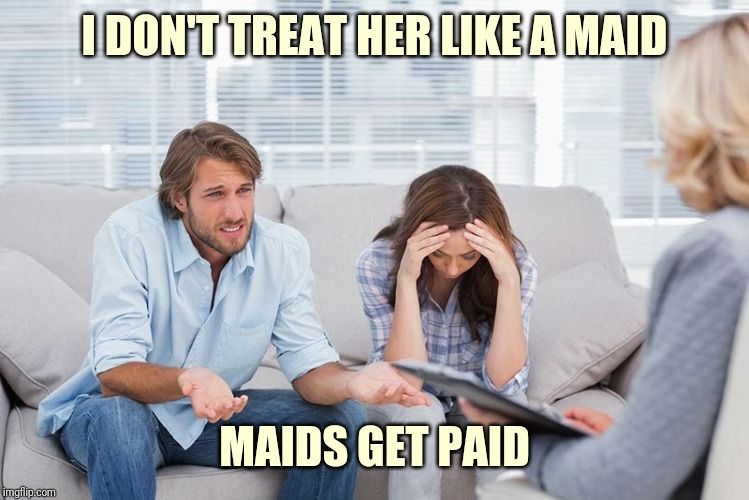
Did you know a therapist can learn a lot about a couple in the first session? For example:
If someone in the relationship is a bully
If the third parties are more than "just friends"
If one party is lying
If you'd like to help couples solve their relationship struggles, this could be the right career for you!
What does a couples therapist do?
A couples therapist helps adult couples who are struggling to get along. They facilitate better communication, listening, and understanding between both parties and assist them in finding solutions to their problems.

A day in the life of a couple therapist
Meet with clients, listen, ask questions, provide guidance & support
Conduct assessments to understand couple's relationship, history & goals
Develop treatment plans with goals & strategies for therapy
Write reports & notes to document progress & important details
Attend professional development events to stay current
Handle administrative tasks, such as scheduling, answering emails & calls, and billing insurance


Quiz
Which of the following is part of a couples therapist's job?
Where can you work as a couple therapist?

Private Practice (in office or online)
on your own or as part of a group practice

Universities or Colleges
offering services to students, faculty, and staff

Therapy Department in a Hospital
providing couples therapy as part of their mental health services

Counseling Centers
such as community mental health clinics

Government Agencies
such as the Veterans Administration

Nonprofit Organizations
such as domestic violence shelters
How much will you make?
Income varies depending on various factors such as level of education, experience, location, type of practice, and demand.

The median average salary for marriage and family therapists (which includes couples therapists) is $52,124 CAD and $49,880 USD.
Is this job for you?
You should consider being a couple therapist if you:
enjoy helping others
have strong communication and interpersonal skills
have empathy, patience, and an ability to remain calm under pressure
have an interest in psychology, therapy, and human relationships
 Why might someone love the job?
Why might someone love the job?
Positive impact
Opportunity for specialization
Earning potential
Job opportunities
Career progression
 Why might someone hate the job?
Why might someone hate the job?
Emotional toll
Challenging work
Educational requirements
Nontraditional work hours or settings
Take Action

If it sounds like a career as a couples therapist might be the right path for you, take these next steps to get started:
Your feedback matters to us.
This Byte helped me better understand the topic.
